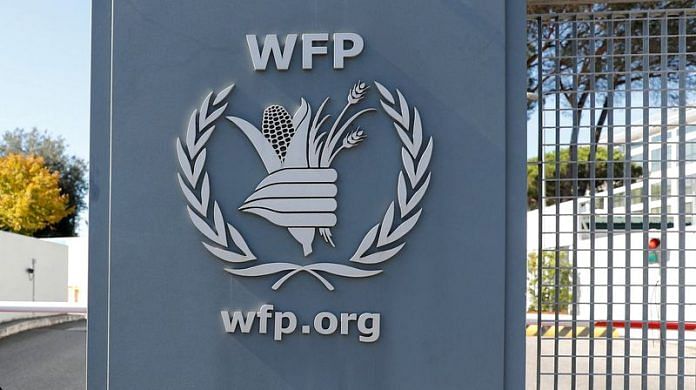
UN's World Food Programme Shuts Southern Africa Office Amid US Aid Cuts
The United Nations' World Food Programme (WFP) has announced the closure of its regional office in southern Africa, a move directly linked to drastic funding cuts from the United States. This decision comes as the WFP struggles to adapt to a tightening budget, following the Trump administration’s decision to slash USAID funding for global humanitarian projects.
Now, let’s put this into perspective. Just last year, the US contributed about $4.4 billion to the WFP—almost half of the agency’s entire annual budget. With the recent cuts, the WFP has been forced to accelerate its restructuring plan, merging its southern and east African operations into a single regional office based in Nairobi, Kenya. While the organization assures that food programs will continue, the closure of the Johannesburg office signals a major shift in how aid is managed across Africa.
Also Read:- Doug Ford Hits Back at U.S. Tariffs with Bold Countermeasures
- Illawarra Hawks Face High-Stakes Showdown in NBL Semi-Final
But here’s the real concern—southern Africa has been battling one of the worst droughts in decades . Crop failures have left 27 million people at risk of hunger, and the WFP had already been appealing for $147 million in additional funding to address the crisis before these cuts even happened. Now, with the US pulling back $60 billion in foreign aid spending, the question is: how will the region cope?
This isn’t just about one office shutting down. The WFP provides food assistance to over 150 million people in 120 countries , and it even won the Nobel Peace Prize in 2020 for its work in combating hunger. The loss of US funding is a massive blow, not just for Africa, but for humanitarian efforts worldwide. Other UN agencies are also feeling the impact, with job losses and program reductions already taking place.
At this point, the world is watching to see how the WFP and other humanitarian organizations will navigate this financial crisis. Will other nations step in to fill the gap? Or will millions of vulnerable people be left struggling to survive?
Read More:

0 Comments